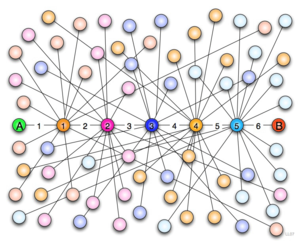As I sit here, waiting for our daughter and her husband to arrive for Thanksgiving, I think of all the people traveling today. The bad weather has added an extra dose of anxiety to the trip. Yet, we saddle up and head for home, no matter the weather. Well, many of us do.
A cousin in Boston emailed me today to say, “It has been raining here since last night. Traffic has been a nightmare. Glad I am not going anywhere.”
My cousin may have the right idea.
With so much invested in the travelling, it’s likely that once we’re all gathered under the same roof, some conflicts could arise.
One dissertation client today told me that, yes, she is travelling, but once she arrives, her plan is to have two one-hour writing sessions during the holiday. Each session will be at the beginning of her day before she becomes involved with family activities.
I asked, “Is this going to be a good holiday for you?” And my client answered hesitantly, “I think it will be o.k.”
Maybe you, too, have a bit of concern about how this holiday will turn out. What can you do to make it an o.k. holiday or maybe more than just o.k.?
- Be in the moment. Try to be appreciative of your family. Think of one special person that you have been looking forward to seeing and either plan an outing or make an effort to ask the kinds of questions of that person that you know will make her feel good.
- Take time out to rest or to be by yourself. When you are physically tired or over-stimulated by too many people in one place, small things may begin to bother you. Anticipate the need to recover before you’re exhausted.
- Make time to walk or exercise—either with people or by yourself. Exercise will help burn up some of those calories from the Thanksgiving dinner and will also help you generate positive feelings and a more tolerant perspective on your relatives.
- If you are not a shopper, plan something special with a relative in order to avoid the Black Friday shopping expedition. A museum or a park or somewhere quiet that is far from the mall. This may be your only chance to get to know your cousins a little bit better.
Plan for a good holiday, a holiday with a few special moments that you can carry home with you, memories that might even put you in a good mood when it is once again time for a writing session.

Have a comfortable, relaxing holiday. Safe journeys.
And bring back a snapshot of a moment to remember.
All good wishes,
Nancy
Nancy Whichard, Ph.D., PCC
Your International Dissertation Coach and Academic Career Coach
http://www.nancywhichard.com
nancy @ nancywhichard.com

